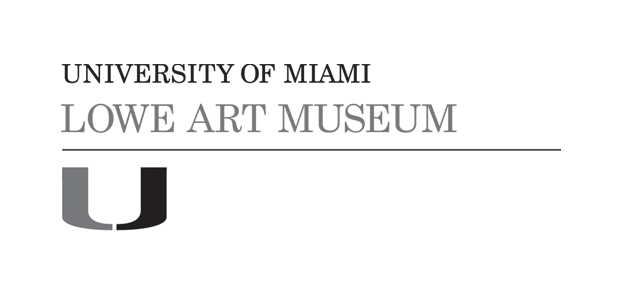Helmet Mask (Bo Nun Amuin)
Datenot dated
CultureBaulé
Mediumwood and pigment
DimensionsOverall: 10 3/8 x 29 3/8 x 14 in. (26.4 x 74.6 x 35.6 cm)
ClassificationsCostumes and Accessories
Credit LineGift of Alan Potamkin
Object number2007.48.89
DescriptionHorned horizontal masks of the Baule belong to the men and are the most sacred, dangerous objects the Baule have. Women never see them and only men who have gone through a special rite may see them. They are spirits of the bush, amuin yasua, which dance to protect the village from harm. They are, in effect, the traditional police force of the village, enforcing order and proper conduct. The masks are not carved in the form of any one specific, identifiable animal but rather are a composite, imaginary being. The complete costume consists only of material from the bush, primarily raffia fibers, feathers and perhaps animal hides. The power of the bo nun amuin is so awesome that the sounds of its appearance alone are sufficient to enforce its strictures. Bo nun amuin are rarely seen, even today, and few of this age are found in collections. This mask has all the characteristics of the bo nun amuin: It is horizontal with two or more horns, in this case bush cow, projecting backwards and a forward thrusting snout inspired by the crocodile or hyena. The mouth is open to expose threatening pointed teeth. At the back of the throat is an opening through which the dancer looks. The mask has animal ears but the eyes and nose are supposed to resemble humans’. In most ways it conforms to the wide spread Sudanic anti-witchcraft horizontal mask form represented by the Bamana Komo society mask, the Senufo firespitter (which it closely resembles), or the Gbain association masks of the Numu and other groups near the Ghana, Ivory Coast border north of the Baule.













